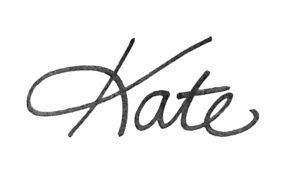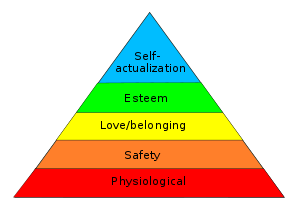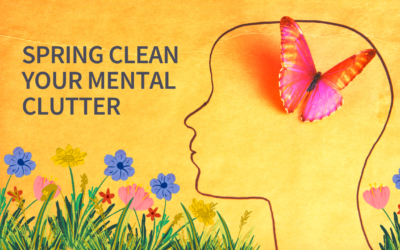Do you want to be free from clutter?
I am so proud to be an American. Many of my extended family members have served in the military, ensuring that I continue to enjoy the rights and privileges of being a United States citizen. When I look at other countries with dictators or corrupt governments that make every day living a burden, I am even more thankful to have the opportunity to create a good life.
Abraham Maslow, a developmental psychologist in the 1940s, created a hierarchy of needs to convey the foundation of what people need to feel safe. Until basic needs are fulfilled, higher level needs, like reflecting on who you want to be, cannot be addressed.
When I did research for my book, Who Am I Now? Realign Your Home and Life, I came across a geriatric psychologist named David Solie, who wrote about how people navigate later life. In his book, How to Say it to Seniors: Closing the Gap with Our Elders, Solie talks about the importance of defining one’s legacy in life.
A legacy can mean a financial gift to a college or to one’s children. But the most important legacy involves sifting through the events of one’s life to discover what it all means, to resolve issues that may have occurred decades ago, and to understand the contribution that has been made to one’s family and society. This kind of legacy is the one that feels most satisfying.
None of this can be considered without having a sense of control. It’s inevitable that illness, losses, and life changes can take away one’s feeling of being in control. The life transitions that people face later in life are challenging.
My question for you today is how are you navigating the challenges?
Later life challenges kind of sneak up. All of a sudden, you find yourself standing in your spare room, saying, “Where did all this stuff come from?” It’s overwhelming. On the one hand, you know your life has shifted and you don’t want the cluttered room to be your legacy. On the other hand, the stuff represents moments of your life—both good and bad. Maybe you’ve never been taught how to let go or how to process these items.
The truth is, the belongings we own can own us.
Even if we aren’t actually cleaning out and organizing the garage or basement or attic or spare room, if our brain is occupied with the intention of doing it, then it will feel like a burden. Even worse, if intention doesn’t turn into action, there’s still a roomful of stuff to contend with.
Don’t you want to be free?
The good news is that you can take action to have a life where you manage your belongings and not the other way around. There are three magic questions that will help you with life transitions. I talk about them more in my book, Who Am I Now? Realign Your Home and Life.
Ready to get started? Ask yourself these magic questions: 1) What skills will help me navigate this stage? 2) What stuff do I want for my life now? and 3) Who can help me with this transition?
This process is so much easier if you have assistance. For one thing, you get a fresh perspective. For another, you go from intending to do it to actually taking action.
Your job is to ask for help from a supportive resource.
If you aren’t sure how to proceed, my book (available on Amazon) can move you farther on the path. If you are close to taking action, call me for a free brainstorming session. I love helping people go from stuck to gaining momentum.
I wish you all freedom from clutter.
Happy Independence Day!
Xoxo,

Schedule your free brainstorming session by emailing:
Ka**@Gr*****************.com





